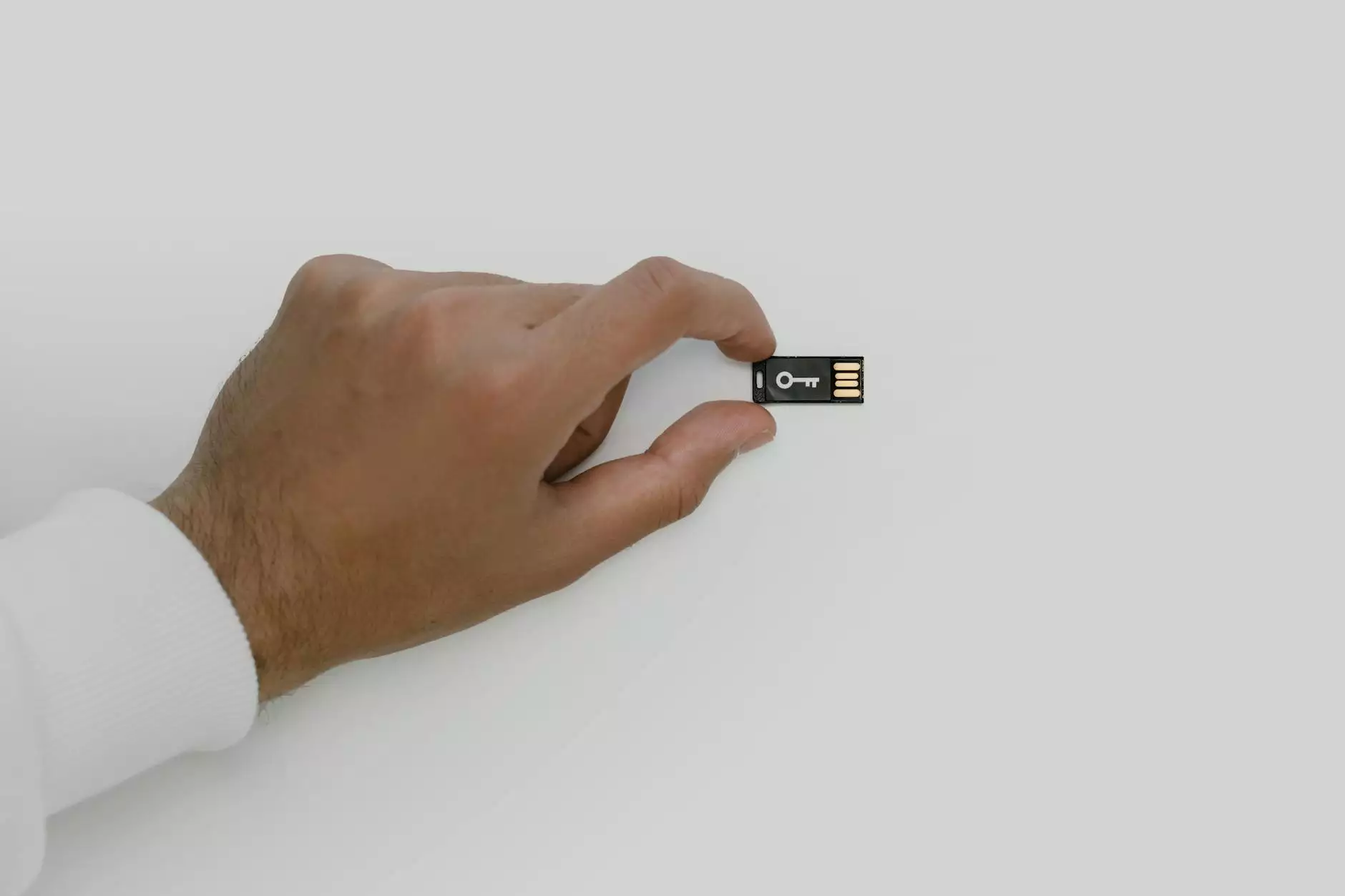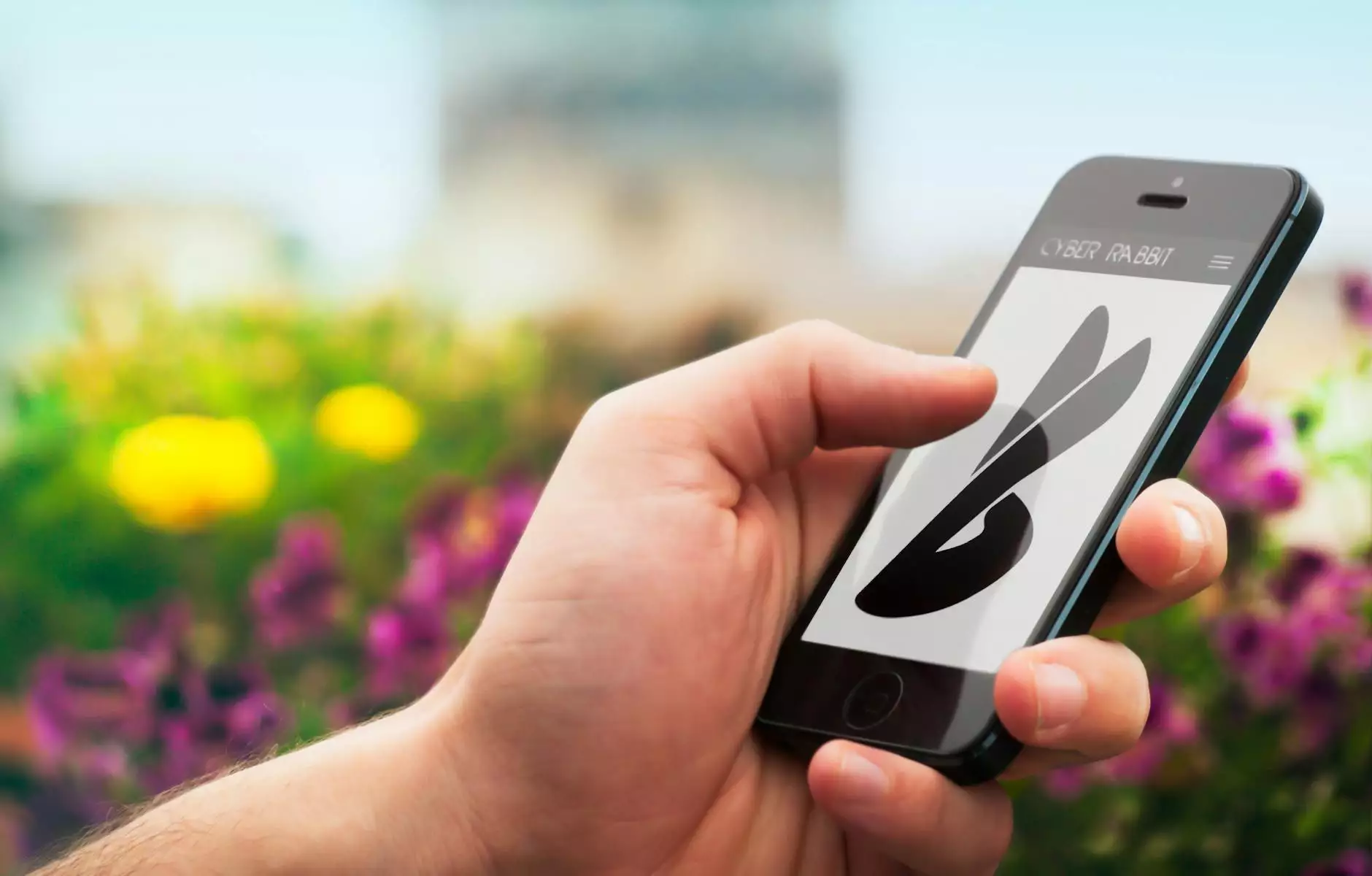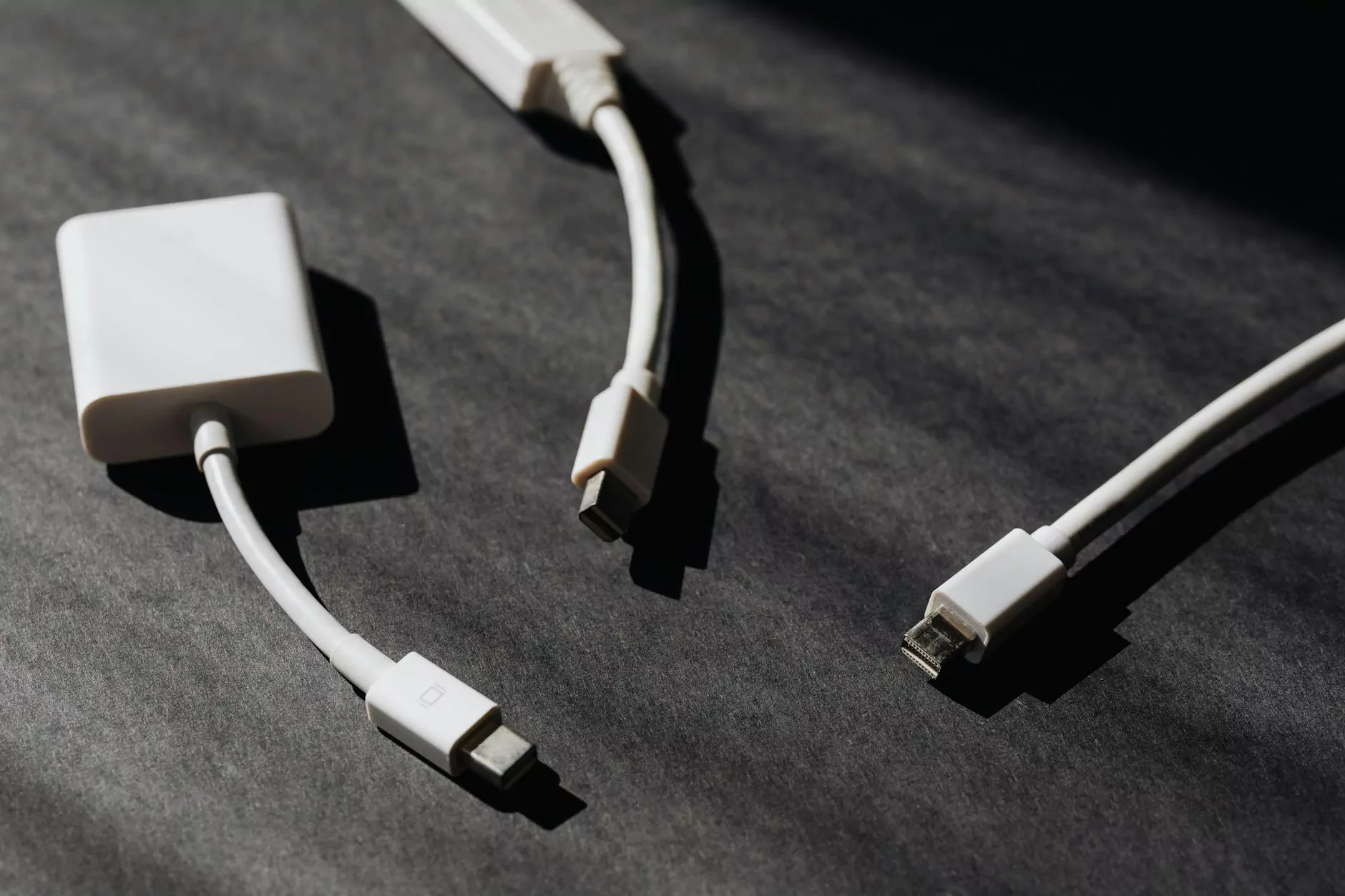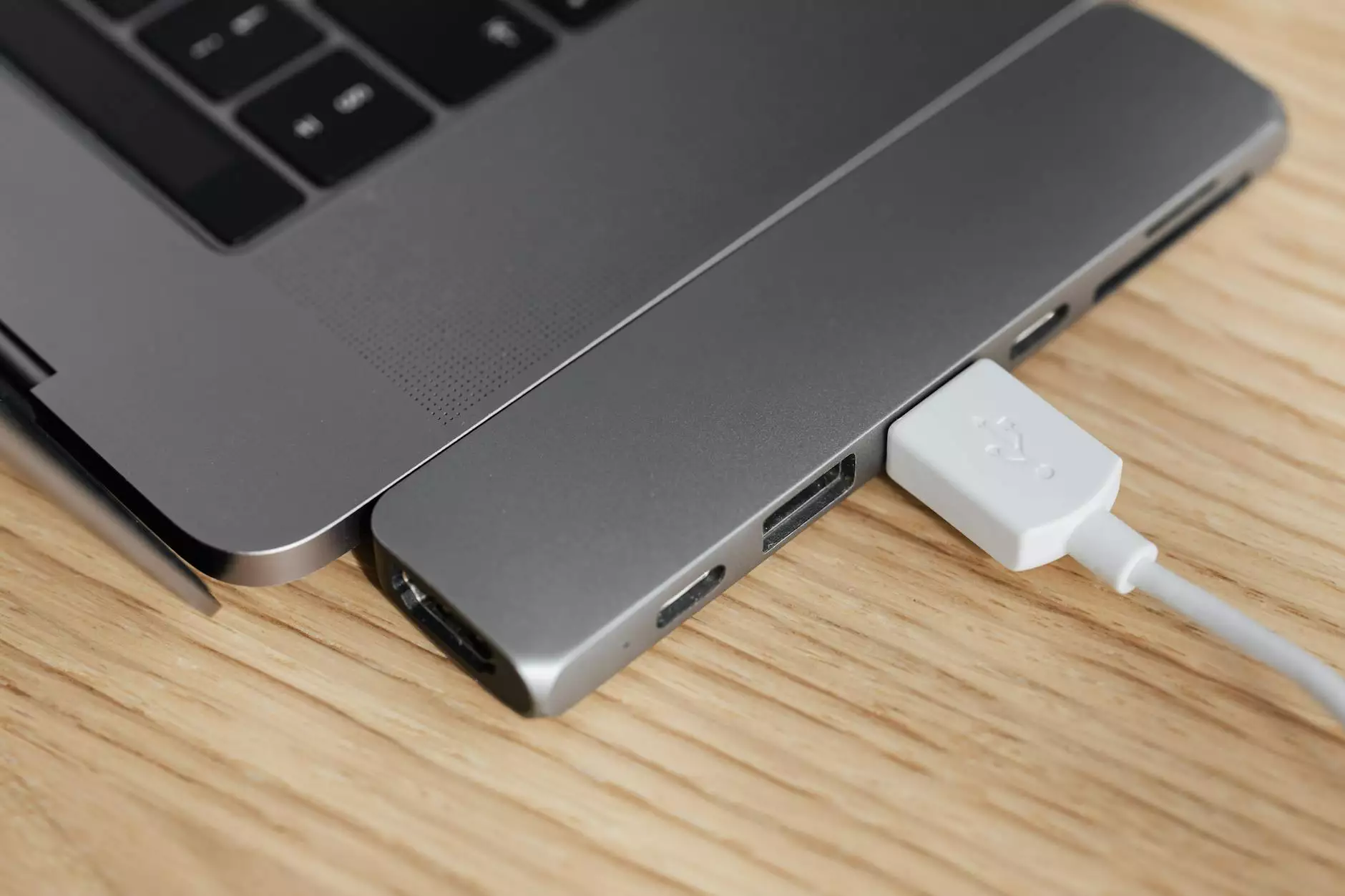Does USB-C Charge Faster Than USB?
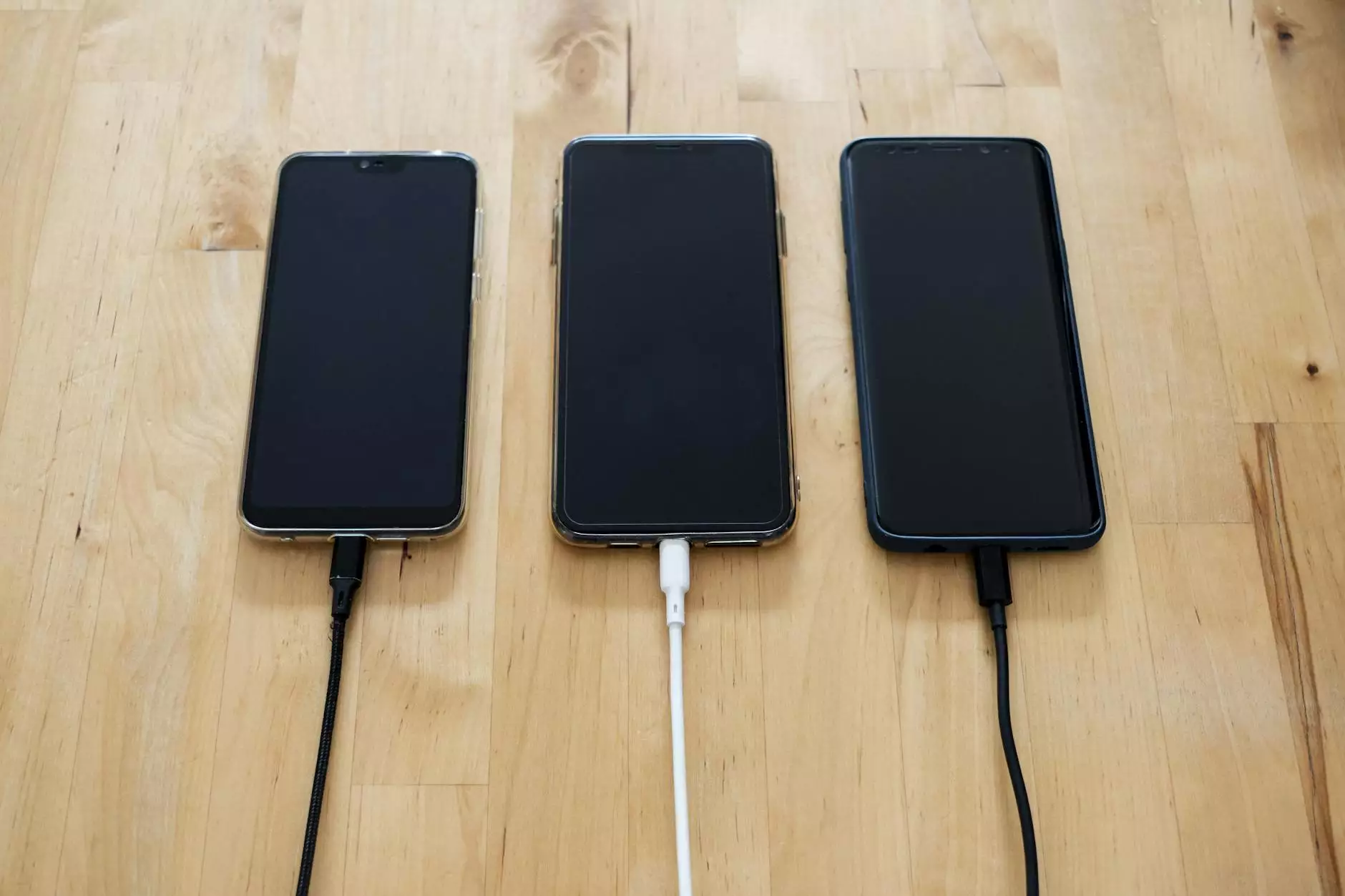
As technology continues to evolve rapidly, USB connections have undergone significant transformations, with USB-C being one of the latest advancements in this realm. Whether you are a tech enthusiast or simply looking to charge your devices more efficiently, understanding the speed differences between USB-C and USB can be crucial. In this detailed guide, we delve into the intricacies of USB-C and USB charging speeds, exploring how USB-C stands out as a faster and more versatile charging solution.
Understanding USB-C and USB
USB-C, also known as USB Type-C, is a universal connector that is smaller and more powerful than its predecessors. Its reversible design allows for easier insertion, eliminating the frustration of trying to plug it in the right way. On the other hand, USB, especially the older versions like USB 2.0 and USB 3.0, has a larger and less versatile form factor.
How Much Faster Is USB-C Than USB?
When it comes to charging speeds, USB-C has a distinct advantage over traditional USB connections. USB-C supports higher power delivery, enabling faster charging times for compatible devices. The increased power output of USB-C makes it ideal for charging smartphones, laptops, tablets, and other gadgets efficiently.
Is Type-C Faster Than USB?
Yes, USB-C is faster than many standard USB connections. The advanced technology behind USB-C enables data transfer rates and charging speeds that outpace those of traditional USB cables.
Is USB-C Faster Than USB 3 for Charging?
USB-C is indeed faster than USB 3.0 for charging purposes. The enhanced power delivery capabilities of USB-C allow for quicker charging times, making it a preferred choice for users seeking speedy and reliable charging solutions.
Benefits of USB-C Charging
Switching to USB-C for your charging needs offers several benefits, including:
- Fast Charging: USB-C provides rapid charging speeds, allowing you to power up your devices quickly.
- Versatility: USB-C can be used for various devices, making it a versatile and convenient choice.
- Reversible Design: The reversible nature of USB-C eliminates the hassle of trying to plug it in the right way.
- Future-Proofing: USB-C is becoming increasingly common in newer devices, ensuring compatibility with upcoming tech products.
Conclusion
In conclusion, USB-C is undeniably faster than traditional USB connections like USB 2.0 and USB 3.0 when it comes to charging. Its superior power delivery capabilities and efficient design make it a standout choice for users who value speed and convenience in their charging solutions. Embracing USB-C technology opens up a world of possibilities for fast and reliable charging experiences across a wide range of devices.

